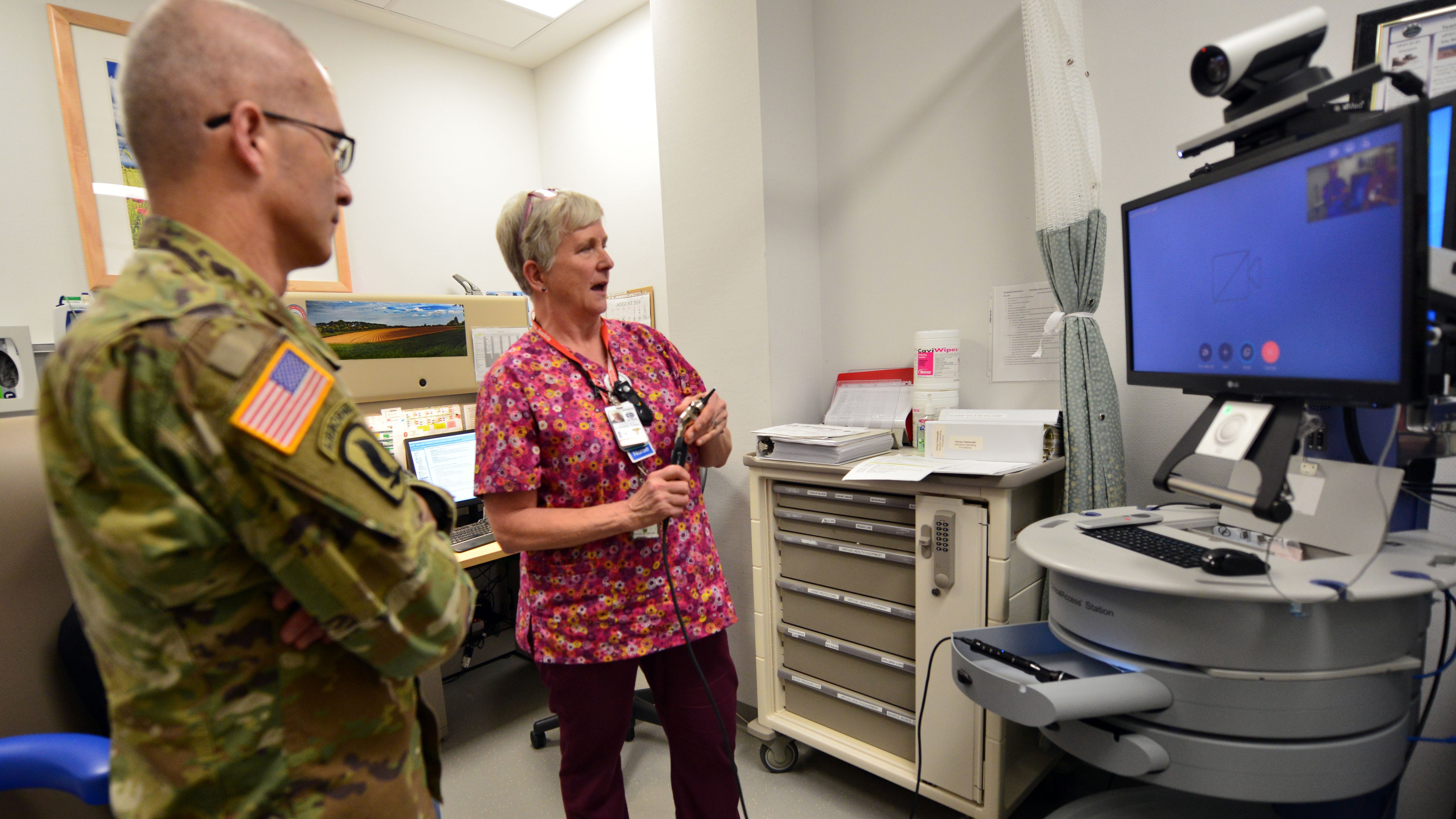Army, Health Agency Team Up to Provide Better Care
Army, Health Agency Team Up to Provide Better Care

The transformation of the Military Health System, which includes the Defense Health Agency assuming control of all military treatment facilities, will better serve troops and their families, but the process will not be simple, senior leaders say.
“If we’re successful in what I’m describing, then we’ll be more effective in the way we serve our patients,” Defense Health Agency Director Lt. Gen. Ronald Place said.
He added that DHA recognizes there will be some challenges along the way—but they should decrease over time.
“We ask the families we’re serving to recognize that we’re going to own those problems,” Place said. “We’re not going to push them away and make excuses about them; we’re going to own them, but help us work through them.”
In addition to transferring control of all military treatment facilities to DHA, the Defense Department also is deploying MHS GENESIS, which is DoD’s integrated electronic health record system.
The goal is to allow the Army to deliver a unified health care system that benefits both the beneficiary population and the readiness of soldiers, said Lt. Gen. Raymond Dingle, the new Army surgeon general.
Patients should see an improvement in processes for making appointments, getting prescriptions and finding providers, but the rest of the transformation should be relatively invisible to them, he said.
As the transformation moves forward, teamwork has been an important lesson learned, Dingle said. “It’s not we versus them,” he said. “Teamwork is the biggest lesson learned in overcoming any problem.”
The first phase of the MTF transition occurred in 2018 and will continue through 2021, while the MHS GENESIS rollout is expected to be completed in 2023. As of Oct. 1, DHA assumed responsibility for all remaining facilities in the U.S.
“Undoubtedly there will be hiccups,” Place said. “Where there won’t be hiccups is in our dedication to serve.”

